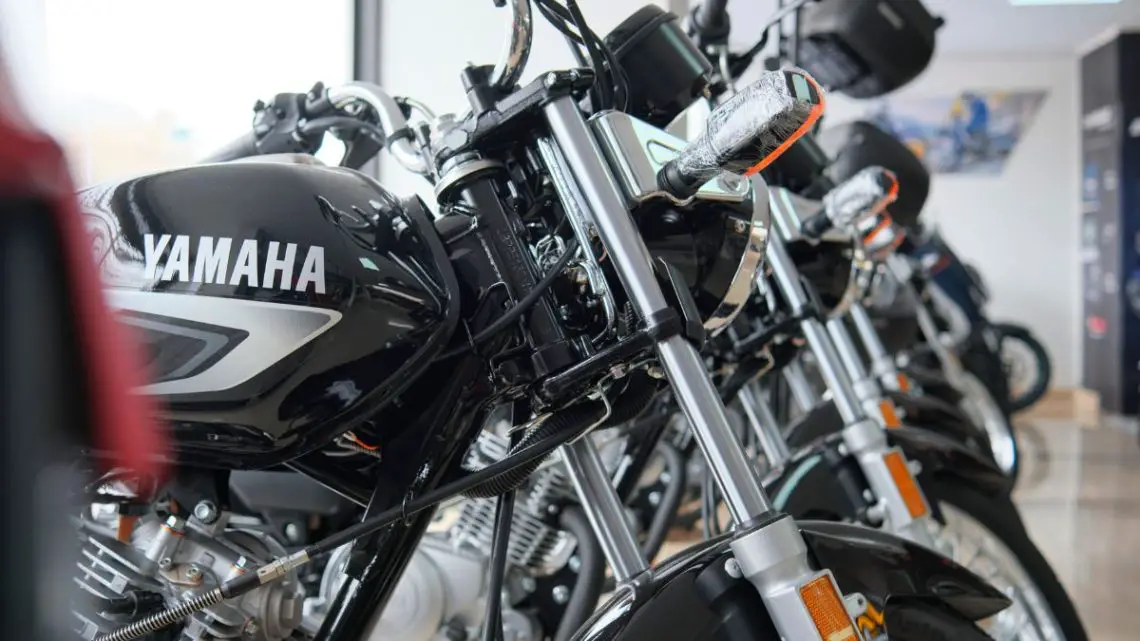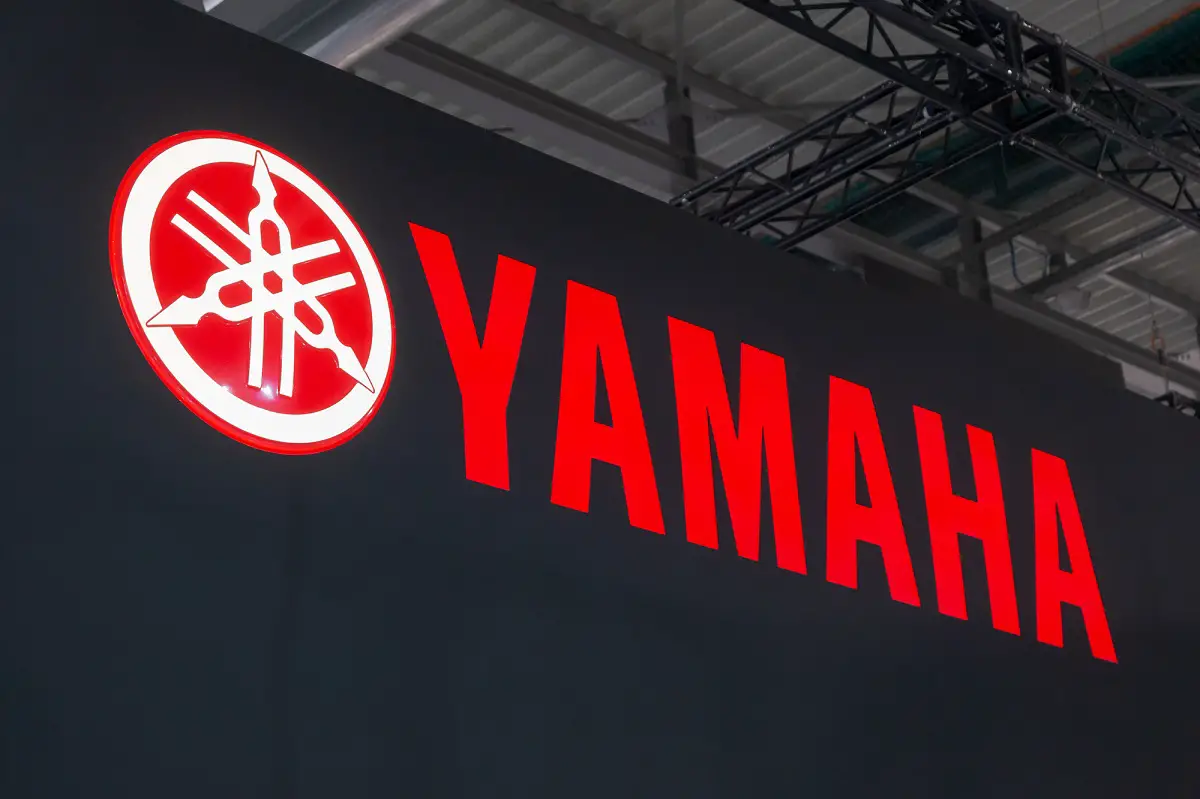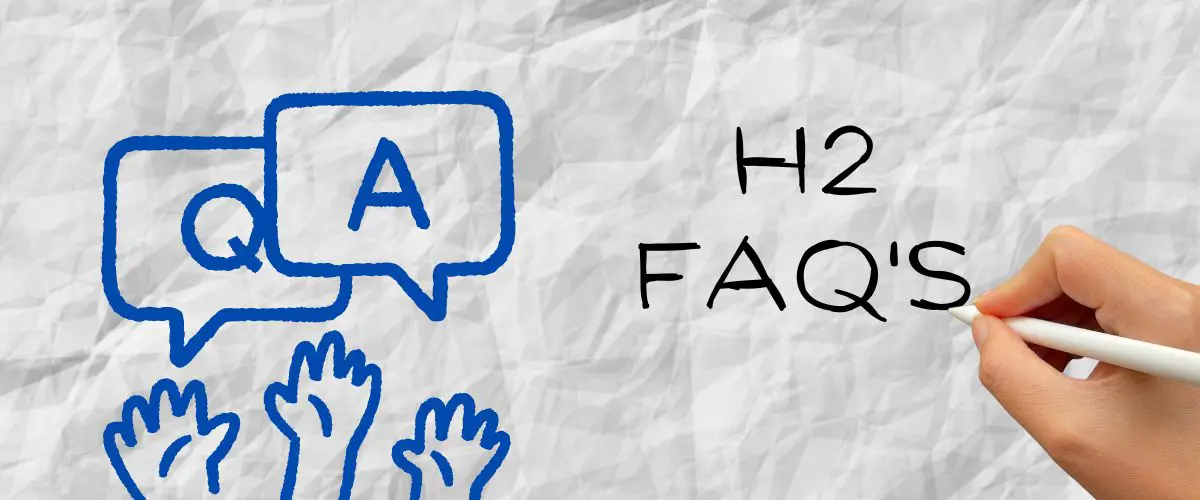
Yamaha Champions Hydrogen Fuel as a Powerful and Clean Solution for Carbon Neutrality
July 12, 2023The company’s president has backed H2 as a green fuel option.
According to Yamaha Motor President and CEO Yoshihiro Hidaka, the company is throwing its support behind hydrogen fuel as a clean and viable option for achieving carbon neutrality and will develop hydrogen as a fuel source.
Yamaha took the lead to test hydrogen and battery technology for motorcycles.
“Among Japan’s two-wheeler manufacturers, there were hardly any testing hydrogen in addition to electric technology,” said Hidaka in a recent interview at Yamaha’s headquarters in Shizuoka Prefecture.
“So we took the lead and built the facility to test battery technology and hydrogen, as well as carbon-
neutral fuel,” Hidaka added, referring to the company’s dedicated research facility.
Hidaka who has been the head of Yamaha Motor – the world’s second-largest motorcycle manufacturer – since 2018, explained that “multipathway” has been the basic thinking in the Japanese auto industry or a long time.
A multi-strategy approach includes exploring and testing different clean technologies toward reaching decarbonization, including hydrogen fuel and other carbon-neutral fuels, not just electric batteries.
However, this thinking has drawn criticism, and increasingly so as battery-based electric vehicle makers like Tesla and BYD become more dominant.
Several Japanese vehicle manufacturers are proponents of using hydrogen fuel engines.
In addition to Yamaha, hydrogen fuel has also received support from the world’s largest automaker, Toyota Motor Crop., as well as Honda Motor Corp., Kawasaki Motors Ltd., and Suzuki Motor Crop.
In fact, according to a Bloomberg report, back in May, Yamaha, Honda, Kawasaki and Suzuki received government approval to form a technological research association to jointly develop engines powered by hydrogen for smaller mobility vehicles.

Credit: Photo by depositphotos.com
Also in May, Toyota raced its Corolla H2 Concept, the world’s first liquid hydrogen race car at a 24-hour event at Fuji International Speedway in Shizuoka. This concept hydrogen fuel car featured hydrogen-powered combustion engines developed by Yamaha.
Yamaha is also looking to develop “e-fuel”
 In addition to testing hydrogen fuel and battery technology, Yamaha wants to develop “e-fuel”. This would be made by synthesizing hydrogen and carbon dioxide. One of the benefits is that hydrogen or e-fuel can be similar to the design of engines that run on gasoline.
In addition to testing hydrogen fuel and battery technology, Yamaha wants to develop “e-fuel”. This would be made by synthesizing hydrogen and carbon dioxide. One of the benefits is that hydrogen or e-fuel can be similar to the design of engines that run on gasoline.
In regard to the shift toward hydrogen fuel, Hidaka said that “it is better to have the technology ready at first and archive it.” Then, as soon as the world moves toward hydrogen, the technology can be brought to the market and mass development can begin.
According to Hidaka, developing the technology and producing it in large quantities and cheaply, is the next task.
Hydrogen FAQ’s – A look at eFuels
1. What are eFuels?
eFuels, also known as synthetic fuels or electrofuels, are a type of carbon-neutral fuel. They are produced from carbon dioxide (CO2) and hydrogen (H2), using electricity derived from renewable sources.
2. How are eFuels made?
eFuels are produced in a two-step process. First, electricity from renewable sources is used to split water into hydrogen and oxygen through a process called electrolysis. Next, the hydrogen is combined with carbon dioxide in a process known as the Fischer-Tropsch reaction to create hydrocarbons, which can be refined into eFuels.
3. Are eFuels carbon-neutral?
Yes, eFuels are considered carbon-neutral because they recycle carbon dioxide that is already present in the atmosphere. The CO2 emitted when the eFuel is burned is equal to the CO2 captured during its production, resulting in a net-zero carbon footprint.
4. Can eFuels be used in existing engines?
Yes, one of the major advantages of eFuels is that they can be used in existing internal combustion engines without any modifications. This makes them an attractive option for reducing emissions in the transport sector.
5. How do eFuels compare to other alternative fuels like hydrogen or electric?
eFuels have the advantage of being compatible with existing engine technology and infrastructure, making them easier to adopt in the short term. However, they are less energy-efficient than electric or hydrogen power because of energy losses during their production process.
6. What are the challenges associated with eFuels?
The main challenges associated with eFuels are their high production costs and the large amount of energy required for their production. Additionally, producing eFuels at a scale that could significantly impact global carbon emissions would require a massive increase in renewable energy generation.
7. Who is investing in eFuels technology?
Several companies in the automotive and energy sectors are investing in eFuels technology, including Yamaha, Porsche, and Siemens. These companies are researching ways to produce eFuels more efficiently and cost-effectively.
Ready to test your knowledge on the most abundant element in the universe? Take our fun and engaging Hydrogen Quiz now! [forminator_quiz id=”58712″]




 With over 15 years of reporting hydrogen news, we are your premier source for the latest updates and insights in hydrogen and renewable energy.
With over 15 years of reporting hydrogen news, we are your premier source for the latest updates and insights in hydrogen and renewable energy.